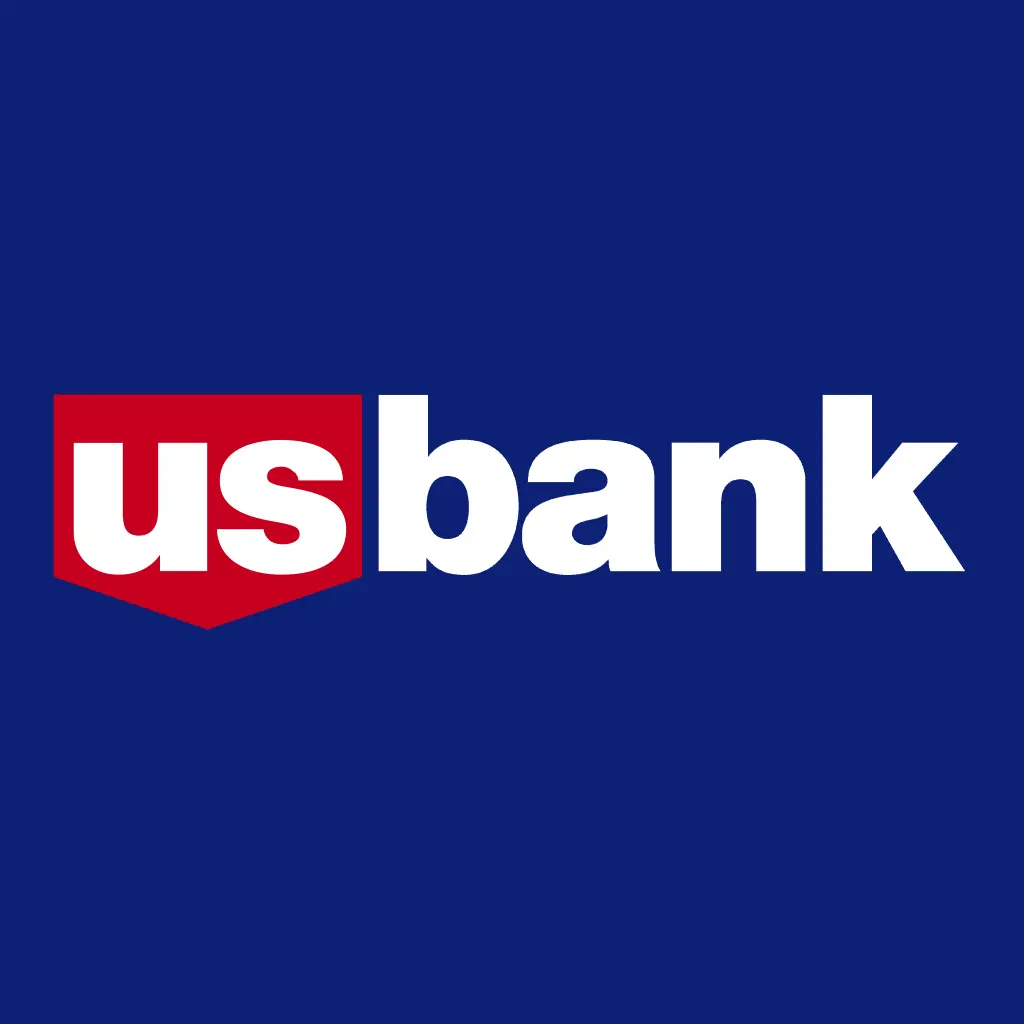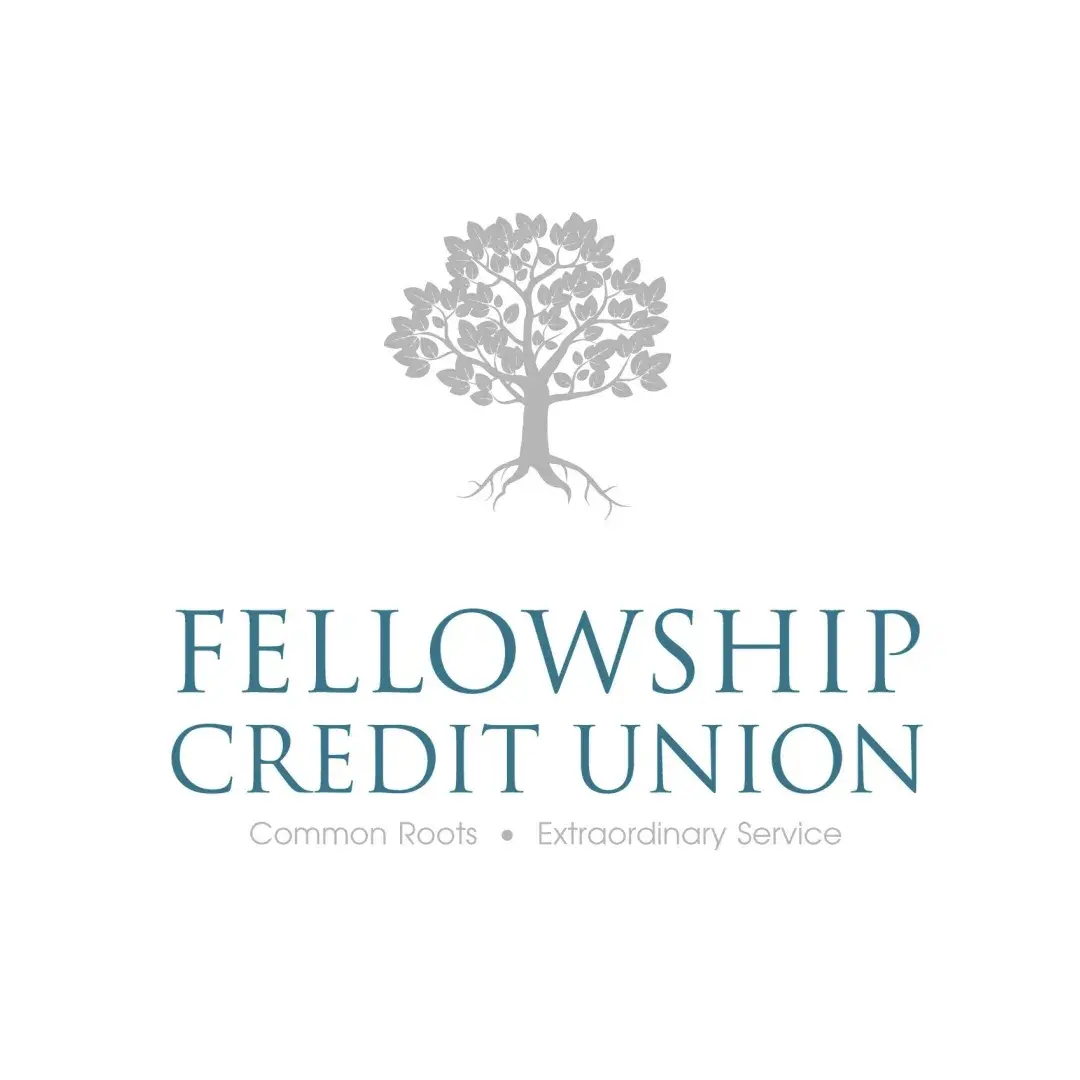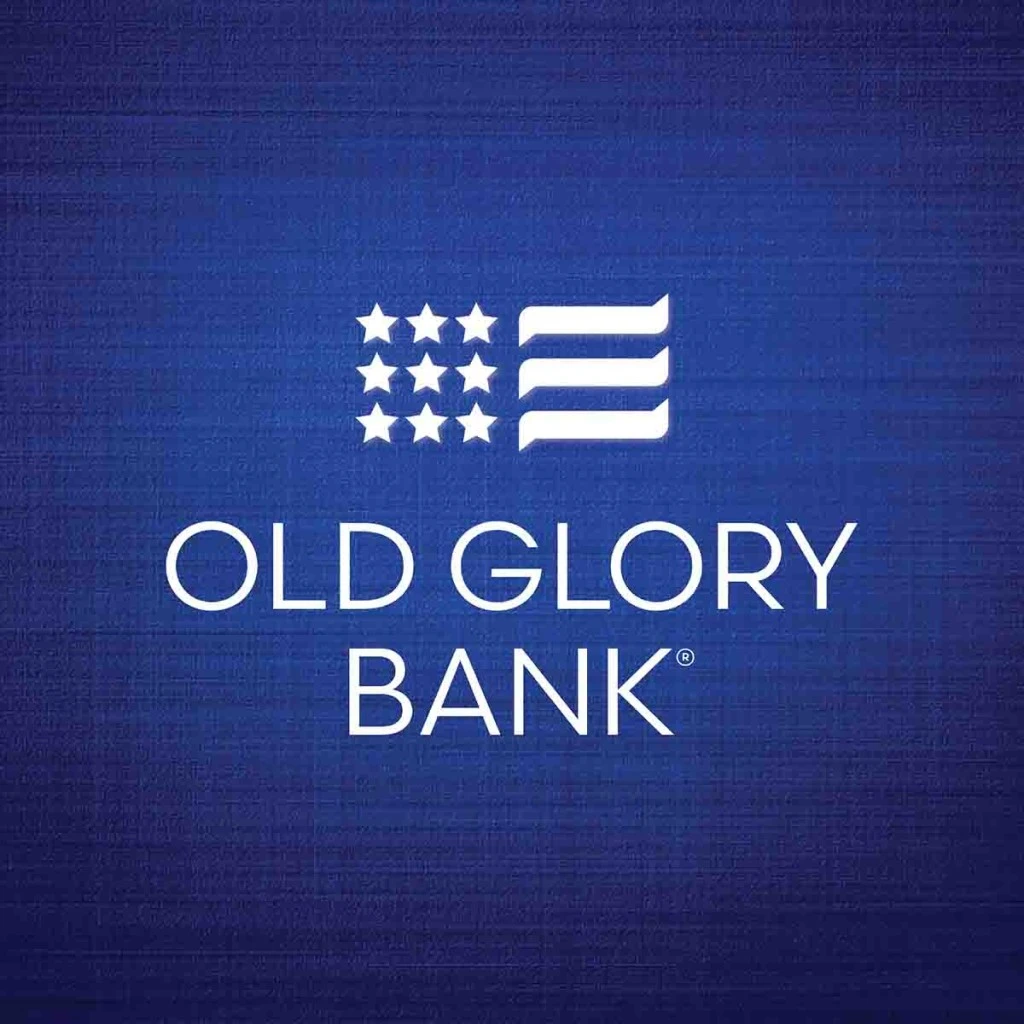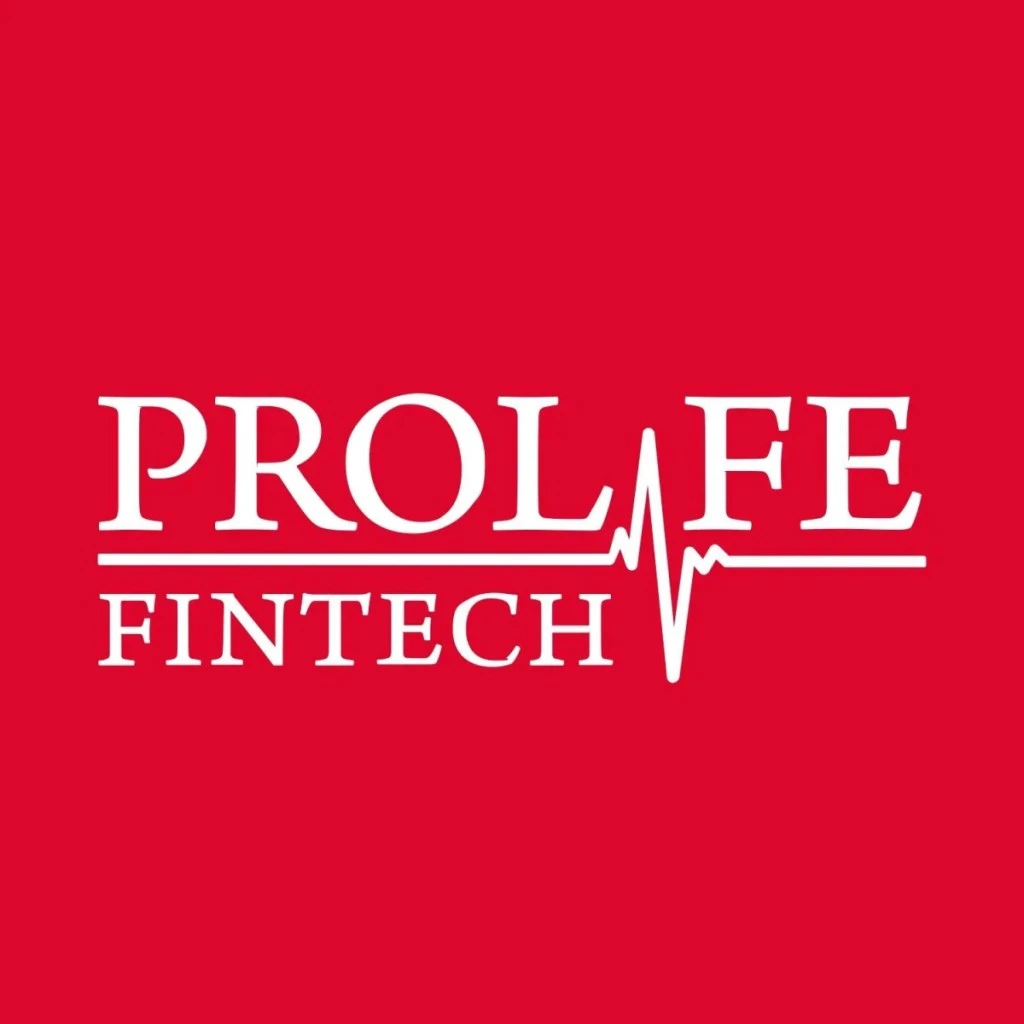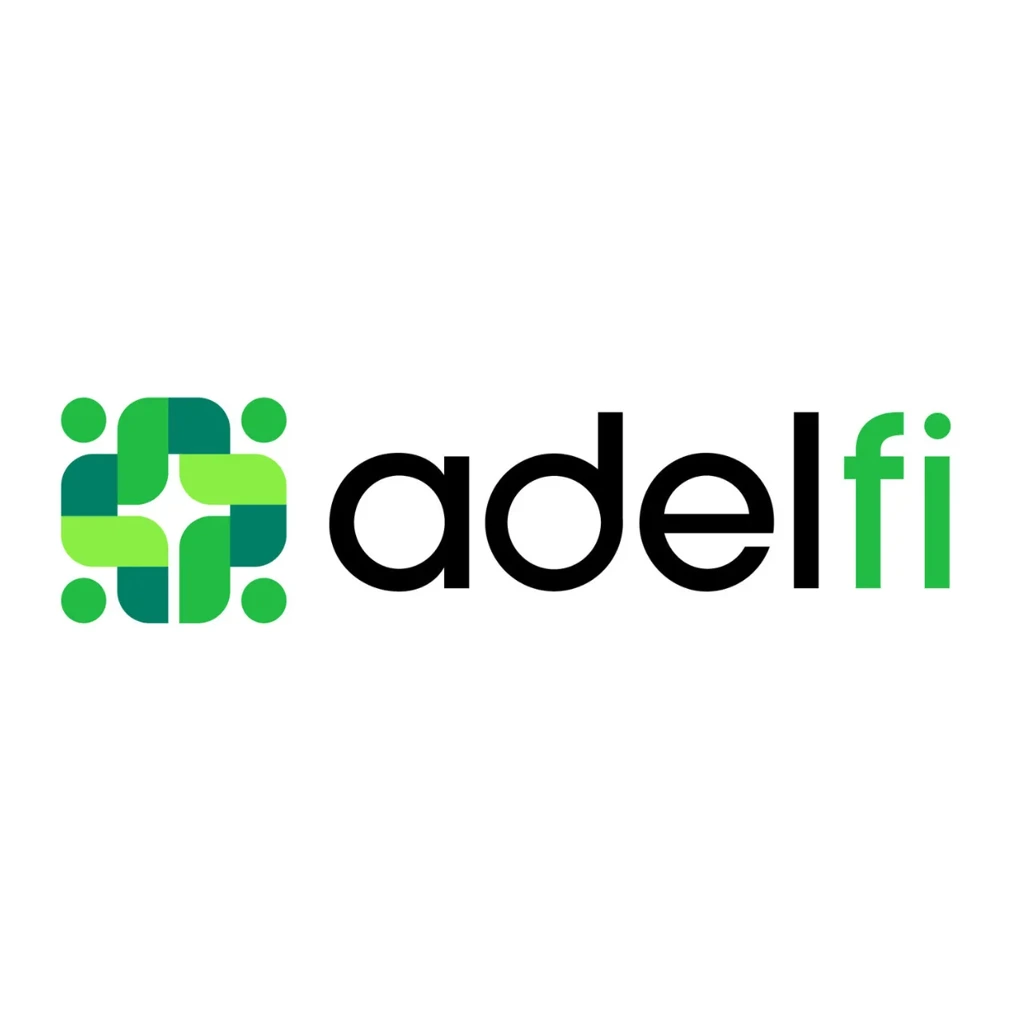Once known for steady Midwestern banking, U.S. Bank has joined the corporate choir singing about “inclusion,” “sustainability,” and “social impact.” What used to be a financial institution focused on service and stability now reads like a think tank on equity and climate responsibility. Instead of touting strong interest rates or customer support, U.S. Bank headlines “financial empowerment,” “economic equity,” and “environmental stewardship.” In other words, your checking account now comes with a mission statement.
The bank runs extensive diversity and inclusion programs, reports its “carbon footprint,” and even integrates ESG targets into its business strategy. From LGBTQ+ partnerships to community equity funds, U.S. Bank is determined to prove it’s on the right side of every social trend, even if its customer service takes a back seat to its activism. For people who just want a bank, not a social lecture, it might be time to look elsewhere.

